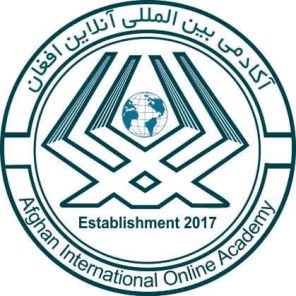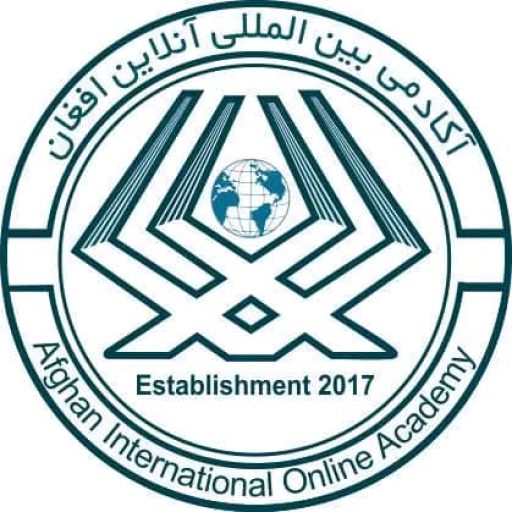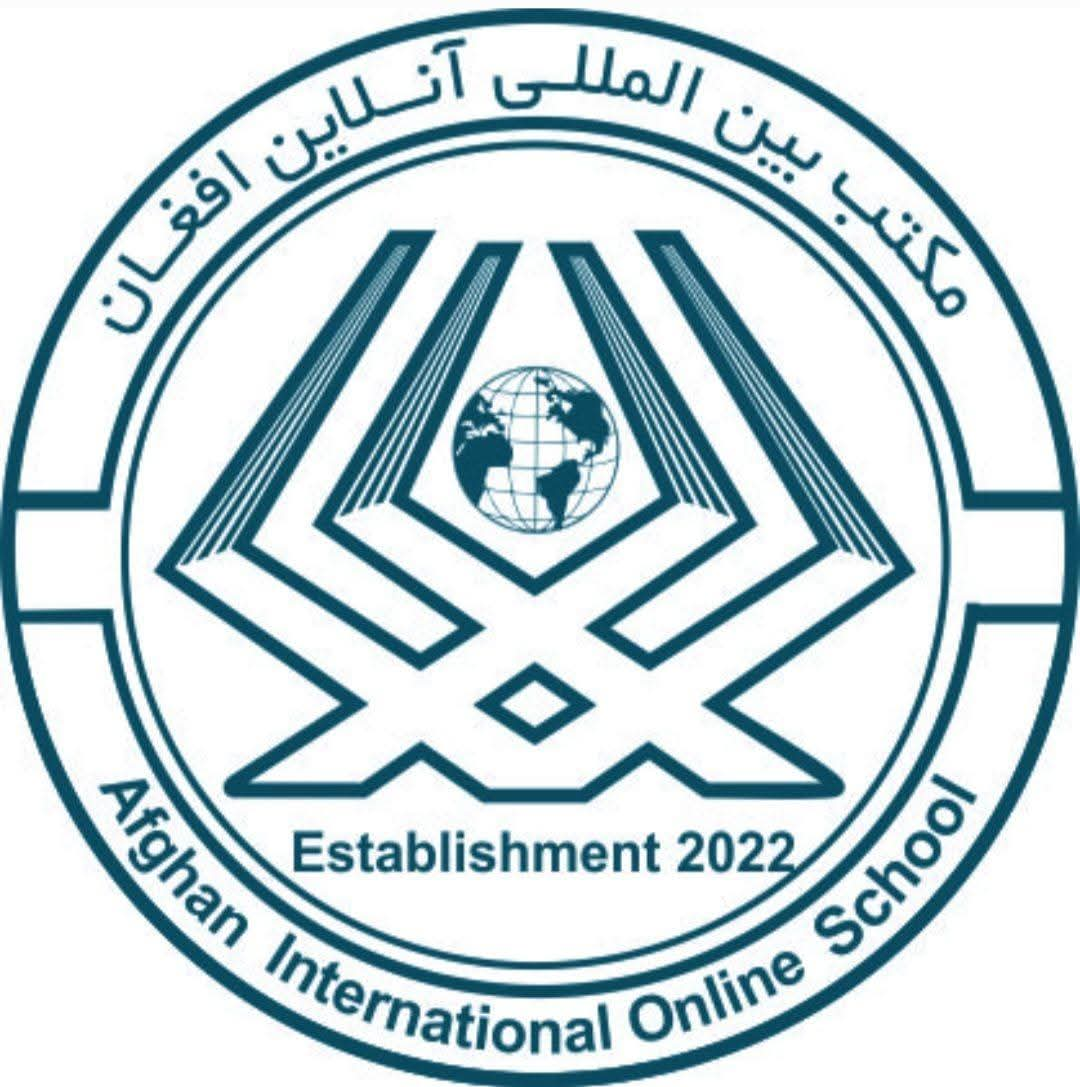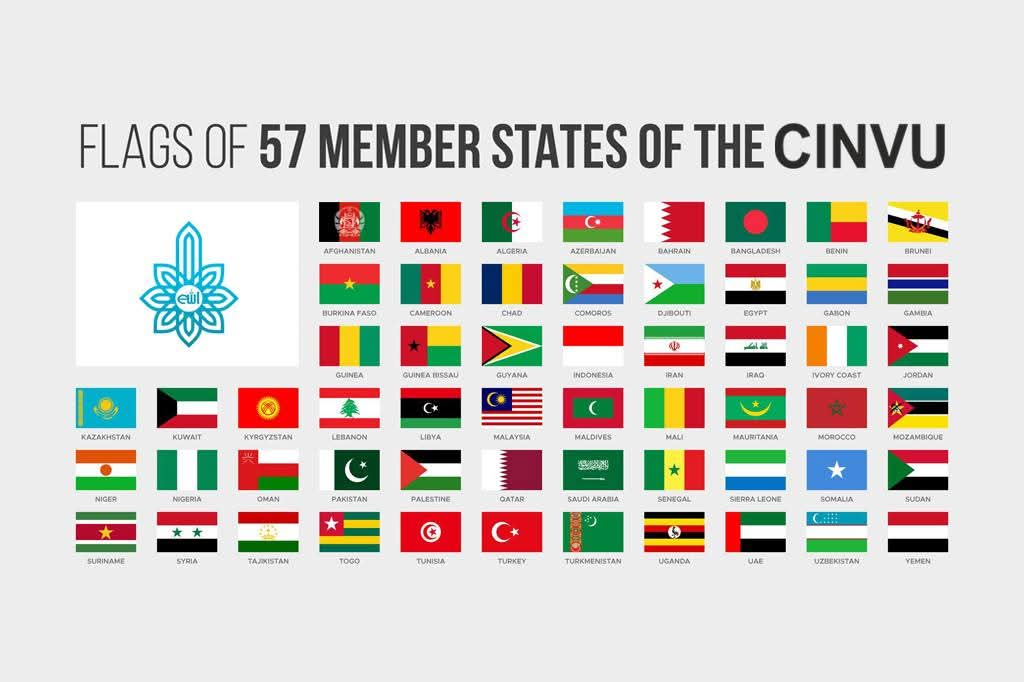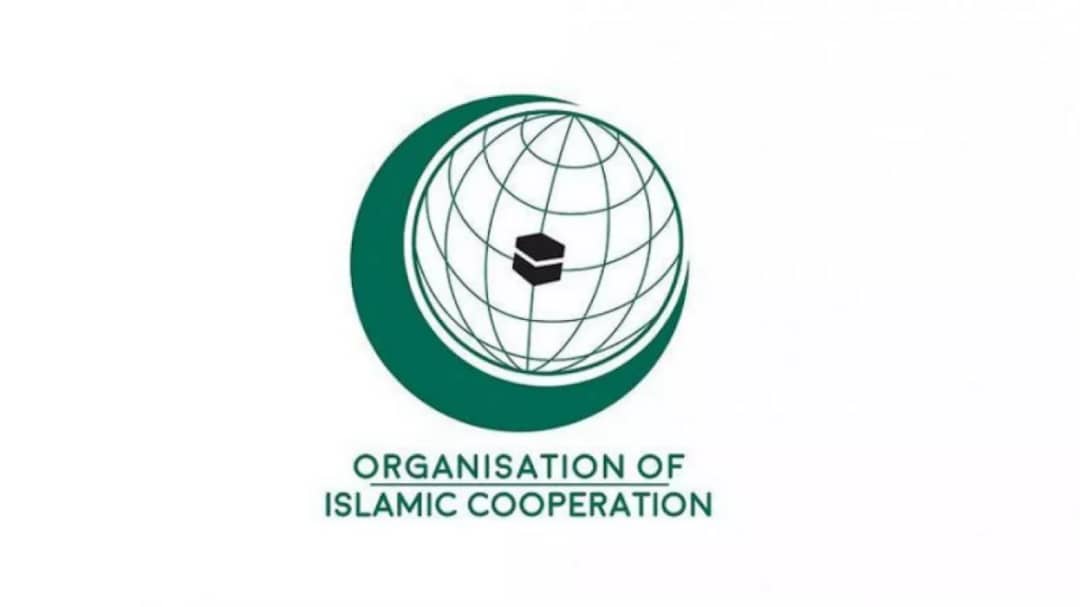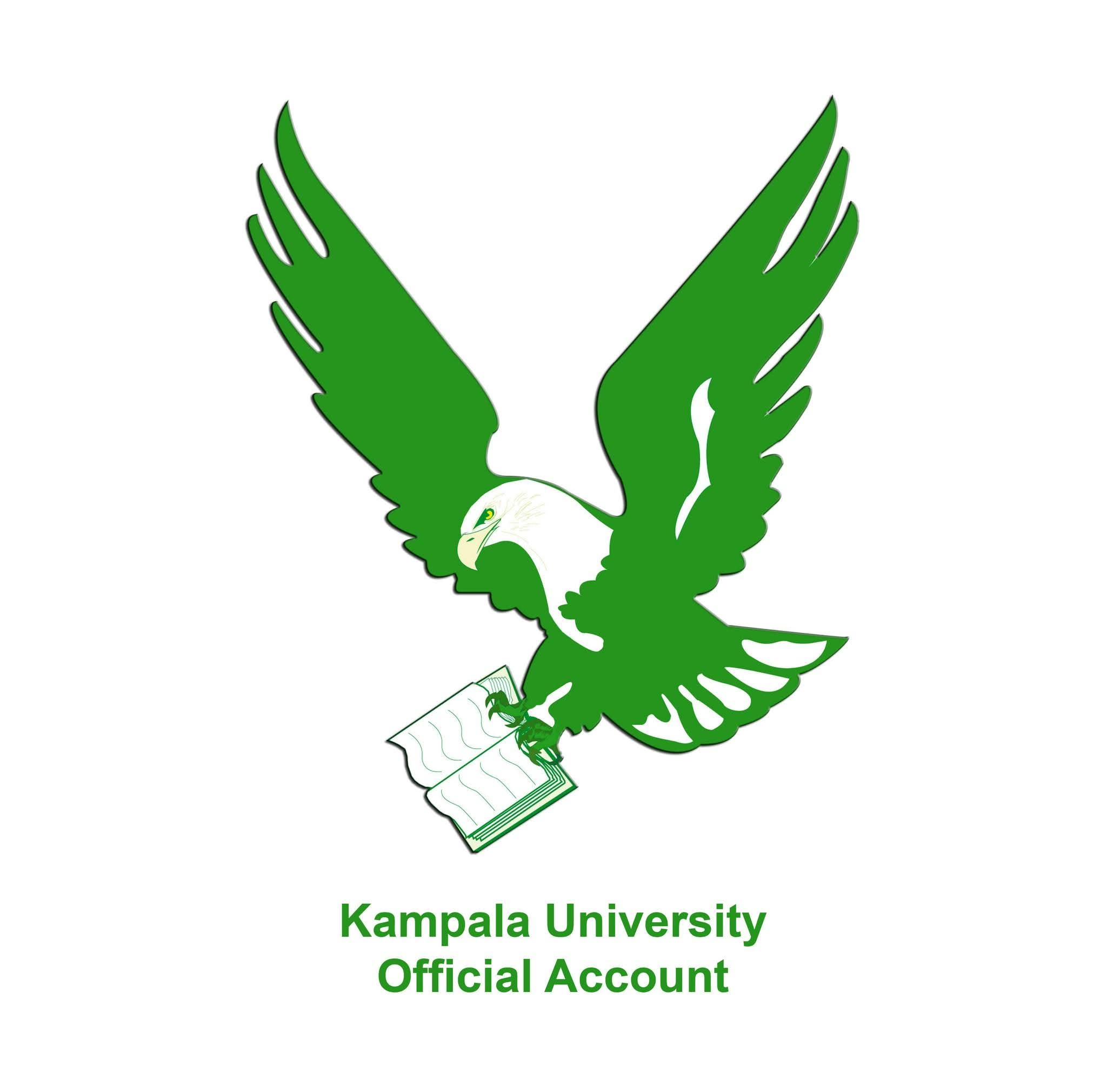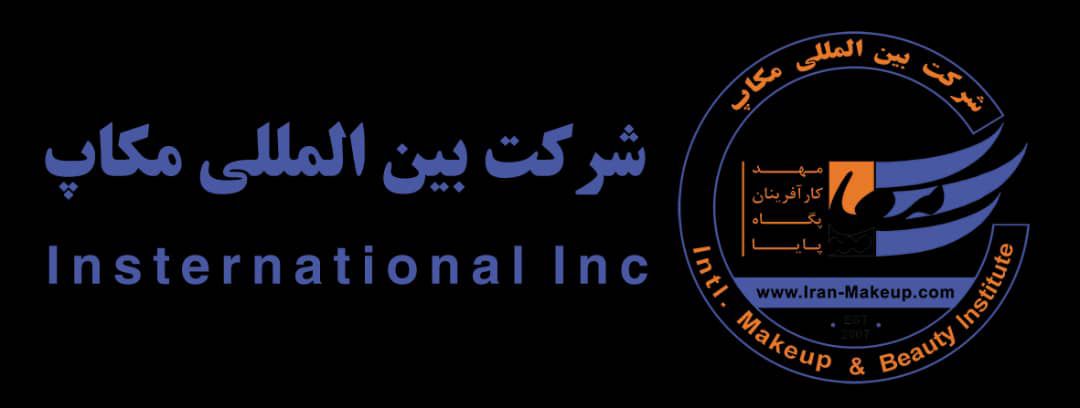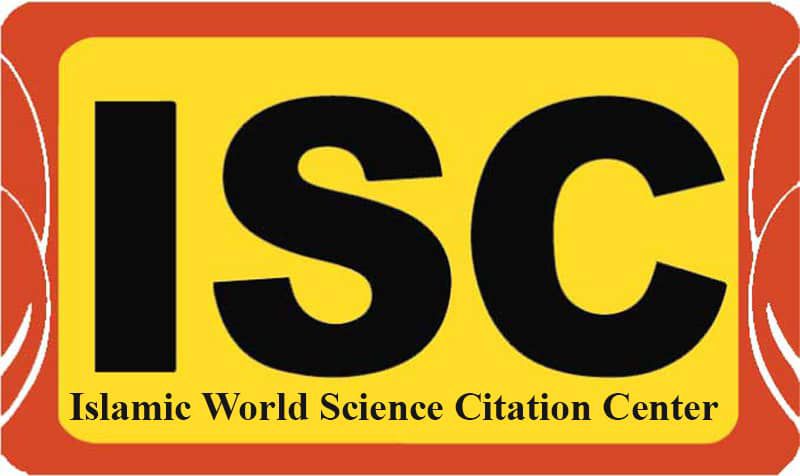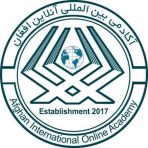Introducing the Academy
۲۰ آذر ۱۴۰۳ ۱۴۰۴-۰۲-۲۰ ۱۴:۱۶معرفی آکادمی
_________________________

Introduction to the Afghan International Online Academy
The International Online Academy of Afghanistan is an international scientific and academic institution established with an Islamic and scholarly approach. The main objective of this academy is to cultivate a generation of scientists and researchers who, instead of wasting the capacities and talents of the Islamic world on internal conflicts, utilize these capabilities for societal prosperity and the advancement of human happiness. This academy aims to nurture and guide intellectual capital by taking into account the thousands of years of civilizational history of our beloved country, its rich Islamic heritage, and the necessities of scientific and cultural development in the country, as well as the need for active and constructive participation on the global stage.
Undoubtedly, one of the key criteria for measuring the growth and development of societies is the extent of scientific progress and dissemination, with competent and capable human capital being the primary driver of this process. The International Online Academy of Afghanistan, as a major academic hub, provides an environment for educating and nurturing elites, scholars, and thinkers. By identifying top talents and assisting them in achieving lofty scientific goals and scaling the peaks of knowledge, this academy plays a fundamental role in elevating the scientific level of the country. This scientific center, utilizing modern methodologies in education and research and having the capacity to implement scientific and research projects, is striving to address the national needs of Afghanistan. The International Online Academy of Afghanistan, by attracting prominent national and international professors and elites, has created a suitable platform for meeting the scientific, educational, and research needs of Afghan society. It consistently seeks to advance knowledge and promote the cultural development of the country while fostering effective scientific collaborations at the international level. This academic academy is committed to creating an environment for nurturing active, impactful, and responsible scientific forces through the synergy of science and culture. These individuals will be able to play a significant role in nation-building and advancing scientific and social objectives in the future.

Necessity
The necessity for establishing and launching a large scientific and research academy can be presented from various perspectives, among which the most important points are as follows
1. The development of science and knowledge, especially in applied and technical fields, cannot be achieved except through the establishment of a large and competent scientific center with comprehensive and well-structured planning across various fields of knowledge.
2. Civilizational progress and cultural advancement in any country is not possible without scientific planning and strengthening the intellectual foundations of society.
3. Scientific interaction, constructive mutual understanding, and global discourse, particularly in Afghanistan, necessitate the establishment of a scientific and academic institution.
4. Third-world countries have lagged behind developed nations scientifically and technically for many years. Establishing a major scientific institution in a developing country like Afghanistan represents a significant revolution in science, culture, and the economy.
5. Since women play a vital and fundamental role alongside men in the progress and development of any society, creating scientific, research, and educational opportunities for Afghan girls especially given the country’s sensitive conditions is crucial to addressing the deprivation of Afghan women's education. This requires such a large-scale scientific and academic institution.
6. The growth and nurturing of young talents at all levels of education, from elementary to higher education, require teaching and proper upbringing.
7. Achieving a successful model of peaceful coexistence among Afghan elites within an academic and educational environment.
8. Addressing and finding solutions to the intellectual challenges facing modern humanity, particularly concerning women in Afghanistan.
9. In our country, there are various ethnicities and religions. One of the most important institutions that can play a significant role in fostering national and religious unity, while optimally utilizing this rich diversity, is scientific and academic centers. The International Online Educational Institution for Afghan Women, as a neutral platform, provides a unique opportunity to encourage intellectual and scholarly interaction among moderate Muslim scholars from different sects and ethnicities. It facilitates the reproduction of ideas in an open, scientific, and non-dogmatic environment. Such discourse within a scientific institution can pave the way for collaborative thinking and practical unity in the Islamic world, particularly in Afghanistan, which has suffered decades of prolonged conflict.
10. Efforts to organize and guide research and researchers in scientific, research, cultural domains, and critical issues related to Afghan women.
11. Establishing scientific authority within the country and region. For years, scientific authority has been monopolized by developed countries, and even the epistemological and scientific models for our youth come from neighboring countries. However, by establishing a major scientific institution, we can create the groundwork for scientific authority within the country and, in the long term, compete seriously with prestigious global institutions.
For these reasons, the Afghanistan International Online Academy was established to promote the scientific development of the country, aiming to train specialized human resources, expand the frontiers of knowledge, address societal issues, and meet the needs of the labor market. It focuses on training specialists required by society at operational, educational, and research levels through reliance on online education. The International Online Academy of Afghan consistently prioritizes the development of educational and research infrastructure to align with globally recognized standards and ensure student satisfaction, shaping its operational policies accordingly.

Vision
The Afghanistan International Online Academy envisions becoming a leading academic and scientific center in the fields of education, research, and technology by 2017. This major academic institution aims to make a significant impact on sustainable development at regional, national, and international levels, with the following goals planned:
The Afghanistan International Online Academy seeks to become one of the most credible virtual academic/scientific institutions at both national and international levels by providing high-quality teaching, conducting research, and delivering excellent and foundational academic services.
It aspires to elevate itself to meet national and international standards, positioning itself among the top five universities and scientific centers in Afghanistan and within the top 500 universities globally.
It strives to be a pioneer in cultivating and developing highly educated, creative, and impactful human resources in the fields of science, education, research, culture, society, and the economy.
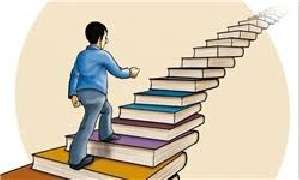 The Afghan International Online Academy, with the aim of serving the scientific community of the country, is committed to providing higher and foundational education through online means, in accordance with the internal conditions of the country and academic standards. The core objectives of the institution are as follows:
The Afghan International Online Academy, with the aim of serving the scientific community of the country, is committed to providing higher and foundational education through online means, in accordance with the internal conditions of the country and academic standards. The core objectives of the institution are as follows:
آکادمی بین المللی آنلاین افغان به هدف خدمت گذاری به جامعه علمی کشور مصمم است تا مطابق شرایط داخلی کشور و استاندارد های آکادمیک زمینه آموزش عالی و ابتدائی را بگونه آنلاین فراهم ساخته است. هدف های محوری نهاد قرارذیل می باشد:
A) Macro-Level Objectives:
- 1- To cultivate a distinguished generation of scholars and thinkers across various fields of knowledge, including humanities, experimental sciences, mathematics, and technical disciplines.
- 2- To address the educational deprivation faced by women and girls who have been unable to continue their education in Afghanistan.
- 3- To facilitate equal and fair access to higher and foundational educational opportunities, contributing to the cultural and intellectual advancement of society without discrimination or bias.
- 4- To combat ignorance and illiteracy and train a portion of the specialized workforce needed by society.
- 5- To actively participate in national and international scientific and academic forums.
- 6- To contribute to solving societal challenges and propose scientific projects that meet the needs of the community.
- 7- To provide free education using qualified and experienced domestic and international professors, in accordance with national and international standards.
- 8- To create scientific, educational, and research opportunities for students in Afghanistan
- 9- To nurture and develop the talents of students at all levels of education, from elementary to higher education.
- 10- To foster collaboration among thinkers and theorists in various scientific fields, encouraging creativity and theoretical innovation.
- 11- To achieve a successful model of peaceful coexistence among the country’s elites within an academic and educational environment.
- 12- To analyze, critique, and review prominent ideas in the fields of science and culture.
- 13- To establish a comprehensive university that addresses the scientific needs of Afghan society.
- 14- To address and find solutions to the intellectual challenges facing modern humanity, particularly in Afghanistan.
- 15- To identify and organize researchers and scholars within the country.
- 16- To strive for the organization and direction of research and researchers in scientific, research, and cultural domains.
- 17- To create a platform for proposing new theories, research innovations, and emerging issues.
- 18- To establish a suitable environment for scientific and research debates and discussions, fostering peaceful coexistence among the diverse ethnicities and religions within the country.
B) Short-Term Objectives:
- • To raise public awareness about the activities and goals of the academy.
- • To develop short-term applied programs.
- توسعه فعالیت های بخش تضمین کیفیت در آکادمی؛
- • To enhance the quality assurance activities within the academy.
- • To review and update the curricula of educational departments.
- • To launch training workshops for students.
- • To improve the efficiency and effectiveness of the academy’s available resources.
- • To establish a planning, monitoring, and evaluation department.
- • To increase access to educational technology.
- • To plan financially for the academy’s development projects.
- • To prepare a five-year financial plan for the academy (2025).)
- • To prepare an annual financial plan (budgeting) for all departments.
- • To draft precise guidelines for recruiting top-tier and professional professors.
- • To organize short-term capacity-building programs for professors.
- • To create mechanisms for the rapid improvement of weak entrants.
- • To provide scientific counseling to address students’ social problems.
- • To outline career prospects to motivate students.
- • To assist graduates in making optimal use of job opportunities
- • To develop a ten-year strategic research plan.
- • To involve faculty members in research projects.
- • To involve students in research projects.
- • To mandate faculty members to conduct research.
- • To build research capacity.
- • To carry out effective research projects
- • To publish credible scientific journals.
- • To foster interaction between educational and research domains.
- • To publish and produce textbooks authored by professors (development of instructional materials).
- • To translate authoritative scientific texts.
- • To identify needs and prepare educational resources.
- • To establish clear and transparent mechanisms for addressing complaints from students, employees, and professors.
- • To sign memorandums of understanding with other national and international institutions and scientific centers.
- • To establish relationships with other educational, research, and cultural institutions.
- • To organize scientific and cultural conferences.
- • To market new services.
- • To provide effective and efficient teaching and educational services.
- • To ensure the quality of teaching provided by professors.
- • To implement a comprehensive student management system.
- • To develop and expand electronic educational infrastructure.
- • To build trust between female professors and students.
- • To increase the number of staff.
C) Educational Domain Objectives::
- 1- To focus on and improve the academic quality of students in Afghanistan. علمی دانشجویان در افغاستان؛
- 2- To benefit from top-tier professors and theorists in various fields of knowledge.
- 3- To utilize standardized and effective scientific texts.
- 4- To adopt standardized educational systems and programs.
- 5- To educate and train competent female professionals in the country.
- 6- To promote moderate national and religious behavior among learners through educational programs and the development of balanced and open-minded educational materials.
- 7- To incorporate the latest scientific theories and institutionalize comparative, integrative, and interactive approaches in educational systems and materials.
Strategic Prioritization::
- • To register the academy with the Ministry of Higher Education and International Scientific Centers and obtain quality accreditation.
- • To establish scientific-research laboratories in various departments.
- • To institutionalize effective and efficient management.
- • To increase the quantity of students and enhance their capacities.
- • To qualitatively and quantitatively develop the faculty.
- • To establish an academic advisory and information center.
- • To address complaints from students, employees, and professors.
- • To expand cooperation agreements with other national and international institutions and scientific centers.
- • To evaluate and adapt modern teaching methods.
- • To digitize the administrative and educational systems of the academy.
- • To focus on increasing the number of female academic staff in the academy.
Core Values:
- 1- Accountability and responsibility in meeting scientific needs at national and international levels.
- 2- Justice-centeredness and attention to religious democracy.
- 3- Rejection of all forms of linguistic, ethnic, racial, and religious discrimination.
- 4- Knowledge creation, knowledge dissemination, and respect for intellectual achievements.
- 5- Self-confidence, innovation, competitiveness, and scientific free-thinking.
- 6- Safeguarding human dignity and status.
- 7- Honoring science, knowledge, scholars, and educators.
- 8- Constructive and effective engagement in international scientific and cultural collaborations.
- - Adherence to the regulations approved by the General Assembly of Professors.
- 10- Compliance with up-to-date global academic standards.
- 11- Commitment to public interest and strengthening collective and national participation.
- 12- Cultural and national elevation, respecting and adhering to all national values, human principles, and Islamic ethics.
Strategic Policies
- 1- To establish connections and partnerships between the International Online Academy of Afghanistan and international institutions and universities.
- 2- To formalize and register the academic credentials of the International Online Academy of Afghanistan as internationally recognized qualifications by academic institutions. 3- To improve the learning environment for students and continuously enhance the quality of educational and research services.
- 3- To improve the learning environment for students and continuously enhance the quality of educational and research services.
- 4- To train and supply specialized, competent, and innovative human resources tailored to the needs of Afghanistan’s labor market.
- 5- To engage dynamically and constructively with national and international scientific, cultural, and research centers.
- 6- To offer virtual distance education electronically, accessible anytime and anywhere.
- 7- To utilize modern communication and interactive tools to deliver the best remote (virtual) educational classes. 8- To recruit and employ experienced and tested professors to provide the best educational and research services.
- 8- To recruit and employ experienced and tested professors to provide the best educational and research services.
